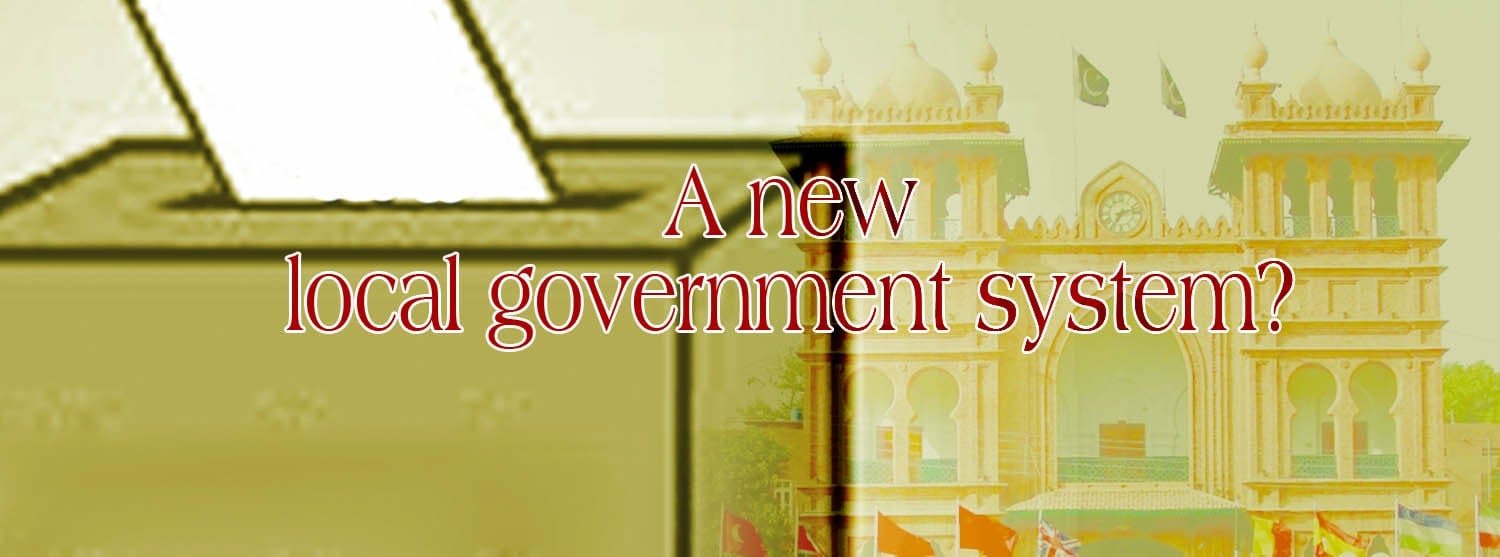

There can’t be any disagreement about an effective local government system as a crucial link for democracy. Unfortunately, our polity that is marked by a unique civil-military power imbalance has made matters worse for any consensus to emerge on the subject. In the last 71 years of its existence, the local governments have made a strong appearance during long periods of martial law, assuming a political or non-political hue, depending on the whims of the military ruler. They have remained conspicuously absent during civilian rules which have always looked at them with suspicion.
This mistrust of the lowest but most important tier, that effects devolution in the real sense, on the part of civilian forces is unfortunate, to say the least. The two tier system -- the national and provincial -- that has operated so far has therefore assumed the work of local governments through the development funds that it puts at the disposal of MNAs and MPAs, making them stay away from their real work i.e. legislation.
Yet, for all this historical baggage, no real democratic discourse is possible without a fully functional local government system, and hence was duly provided in the Eighteenth Constitutional Amendment -- under Article 140A -- that was passed in 2010. The subject was devolved to the provinces, and all the provinces had to bring in their own laws, and hold local bodies’ elections, even if under the orders of the Supreme Court.
As the new PTI-led government assumed office in August this year, there were local governments in place in all four provinces. Of all the laws put in place by the provinces, the one in Khyber Pakhtunkhwa was considered the best; better in theory than in practice but better still than the rest of the provinces -- especially in how the provincial government disbursed 30 per cent of development funds to the local government.
It was but a matter of time that the new government at the centre expressed an opinion about the local governments; it has spoken already about the need for a new, reformed system to replace the existing one. But there are a few problems: one, the federal government has no legal authority to speak on the matter; two, the existing local governments’ tenure is still far from over.
Read also: A new local government system?
The PTI government finds itself particularly in trouble in the largest province Punjab where its natural rival, PML-N, dominates the local governments. In our Special Report today, we have focused on the current situation as well as the systemic improvements for which perhaps Pakistan’s democracy is perfectly placed at this point in time.